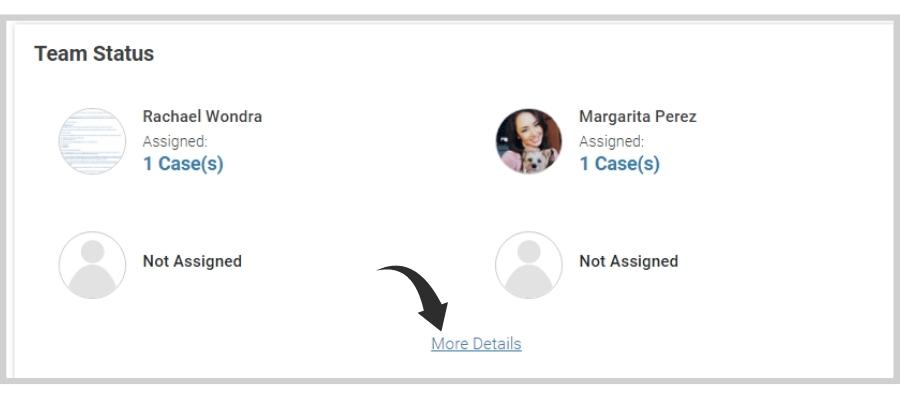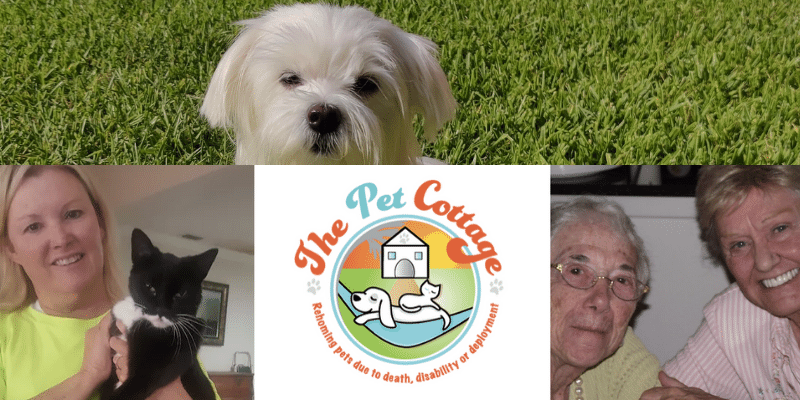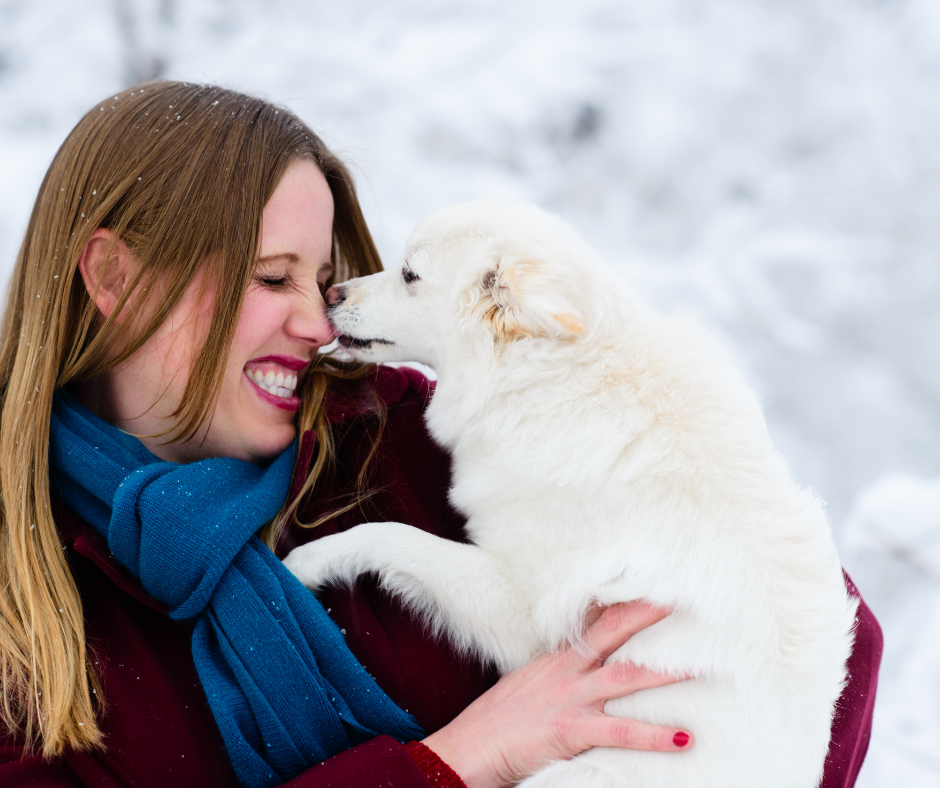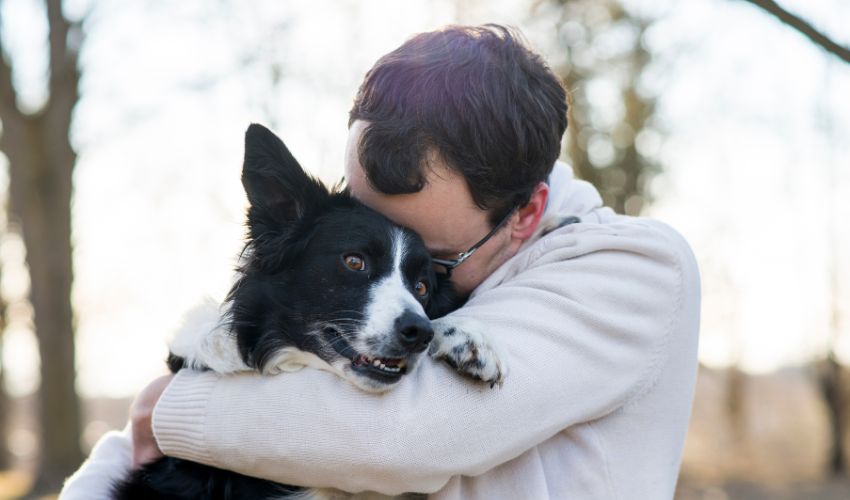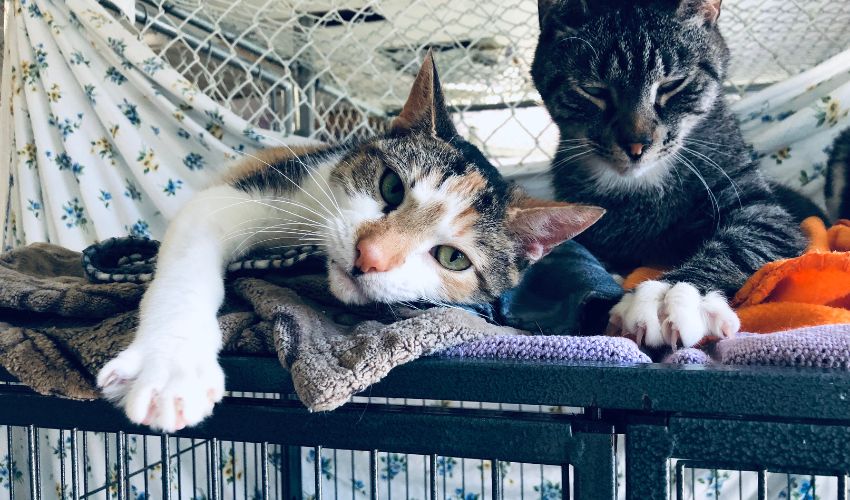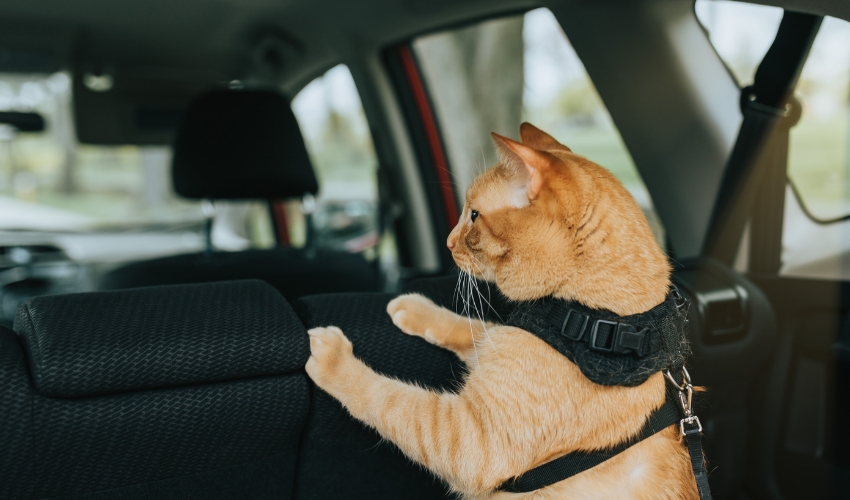Wildlife Species Impacted by Canine Distemper
Thought Canine Distemper only affected dogs? Think again. The Canine Distemper Virus (CDV) is spread worldwide, infecting animals of multiple species. We most commonly hear about the disease impacting unvaccinated domesticated dogs, however, the virus can be found in several wildlife populations. These populations include wild canids such as foxes and wolves, as well as raccoons, skunks, red pandas, black bears, ferrets, spotted hyenas, and wild felids such as lions and tigers. The lists of viable animal species as hosts for CDV is ever-growing, and disease prevention is an absolute must in order to protect our wildlife populations.
Transmission of Distemper in the Wild
 Just like in dogs, Distemper is most likely to spread in wildlife populations where animals are confined in a small space. Animals that live and work together are more likely to spread the disease among each other, rather than animals that live and hunt alone. This disease is most commonly spread through direct contact with bodily fluids and secretions, or from the feces of an infected animal. The virus is able to live in the environment for several hours, however, it is not able to live much longer than that outside of a host.
Just like in dogs, Distemper is most likely to spread in wildlife populations where animals are confined in a small space. Animals that live and work together are more likely to spread the disease among each other, rather than animals that live and hunt alone. This disease is most commonly spread through direct contact with bodily fluids and secretions, or from the feces of an infected animal. The virus is able to live in the environment for several hours, however, it is not able to live much longer than that outside of a host.
Symptoms of Distemper
Symptoms of the virus typically occur in three stages and impact three main body systems: the upper respiratory tract, the central nervous system, and the gastrointestinal tract. Signs of illness include discharge from the eyes and nose, coughing, sneezing, lethargy, and a high fever. Next, the gastrointestinal tract may become inflamed, causing nausea, vomiting, and diarrhea. Lastly, seizures and a change in normal behavior may occur. In wildlife populations, there may be added aggressiveness and an infected animal may wander around aimlessly. Symptoms are not treated in wild animals and will typically become worse over time, leading up to death. This can cause a decrease in a specific animal population, especially if the rate of disease transmission is high.
Distemper Prevention in Dogs Can Protect Wildlife
In order to prevent domesticated dogs from transmitting the disease to wild animals, it is important to have your dog vaccinated at the veterinarian. The vaccine contains antibodies that can protect a dog from contracting the virus. The Distemper vaccine is applied by an injection under the skin that introduces a small amount of an infectious organism into the dog’s immune system. This practice allows the dog’s immune system to identify the virus and to know how to respond quickly in the future if the body ever comes into contact with it again. Talk to your veterinarian about a vaccination schedule for your dog.


Discourage Wildlife From Approaching Your Home
In order to protect your pets, it is important to discourage potentially infected wildlife from entering your yard. Due to the interactions between domesticated dogs and several wildlife species, the spread of Canine Distemper has led to a decline in wildlife populations. Not only that, but the now prevalent disease in wildlife has come full circle and is now a threat to domesticated dogs. Below are 5 tips to keep potentially infected wildlife from approaching your pets.
1. Feed your pets indoors, or bring in pet food bowls immediately after your dog is done eating.
2. Keep garbage cans closed and locked shut, and make sure they cannot be tipped over. Leave the cans inside a closed garage or other closed space unless they are out for trash collection.
3. If you have a compost, make sure it is securely covered so that wildlife cannot eat the decomposing fruits and vegetables.
4. If an animal dies in your yard, remove it before your dog can investigate the carcass, or call your garbage disposal company for recommendations on how to dispose of the animal.
5. Do not feed wildlife! Feeding wild animals encourages them to come back, usually with more animals, and can increase the spread of disease.

